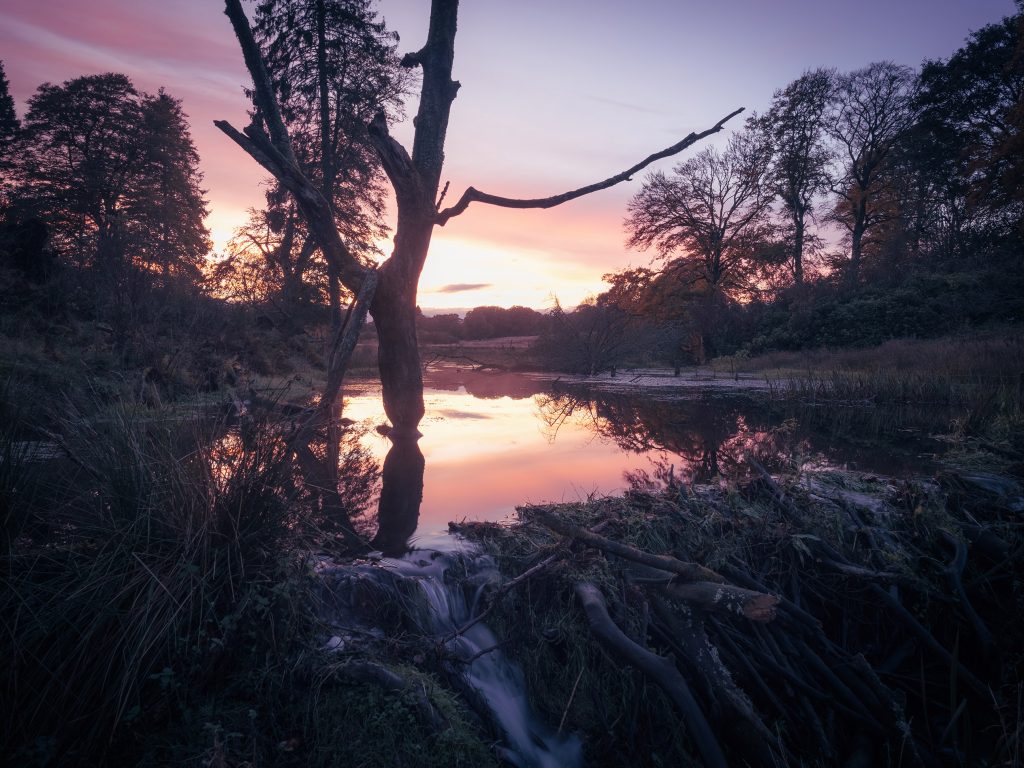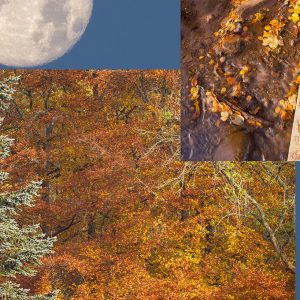
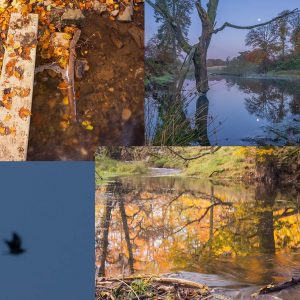
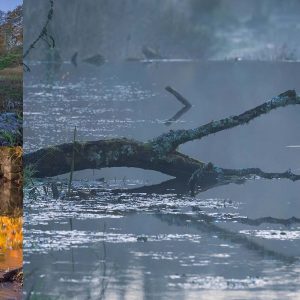
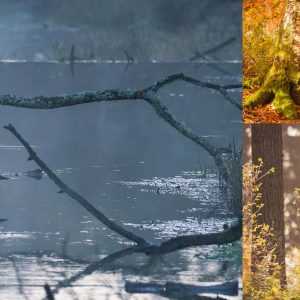
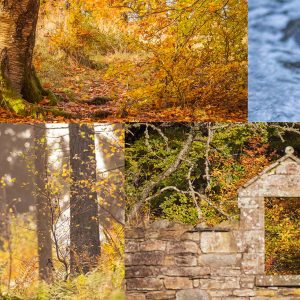
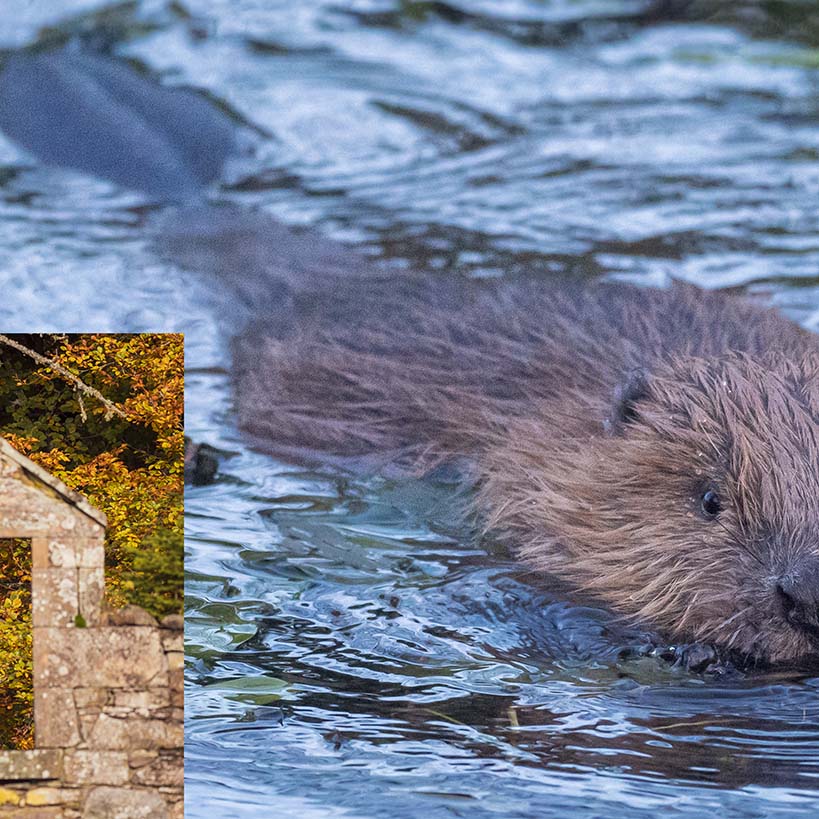
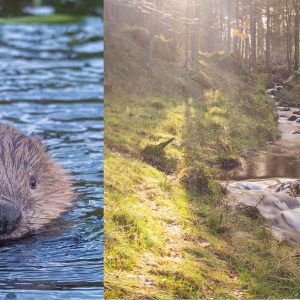
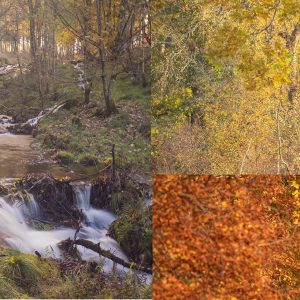
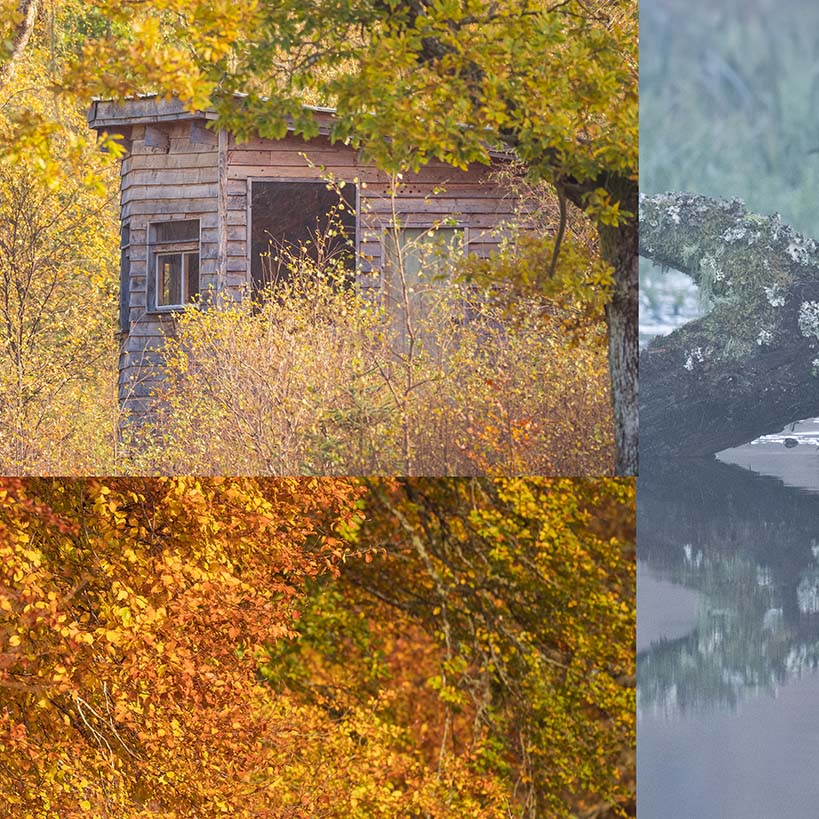
Moving to a pioneering rewilding project at Bamff, Perthshire, in late 2018 set our lives on a permanent new trajectory through the dynamic essence of an ever more uncultivated landscape becoming fully intertwined with our core being.
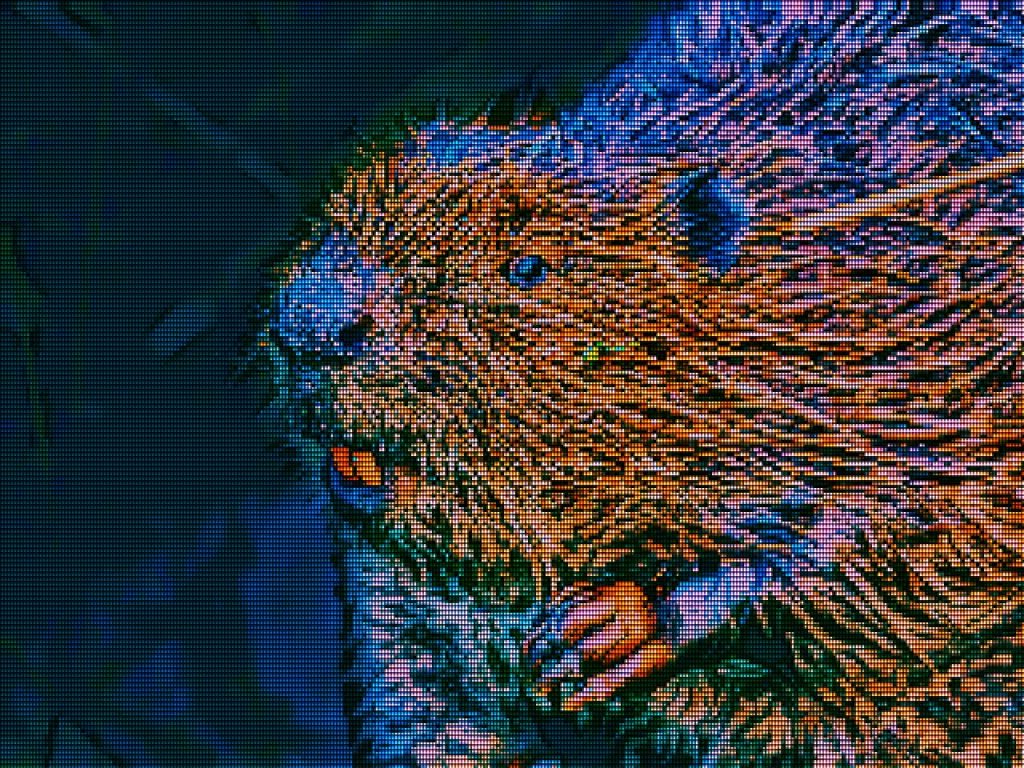
I have steadily invested increasing levels of time, energy and responsibility into Bamff Wildland, e.g. being involved with managing local flora/fauna, monitoring landscapes and habitats or responding artistically and broadening my experiences in ways that I had previously never imagined could happen. This has also helped to promote the project – which began with the development of the Bamff Wildland websites – and then taking on all social media content, all of which became outlets for some of my photographic and filmic/musical endeavours.
Additionally, I initiated a complimentary, aspirational food growing project that has emerged from this since 2022.
Sophie Ramsay, my partner, assumed the role of Bamff’s Wildland Manager, and has since overseen some remarkable transformations that will also extend far beyond the boundaries of Bamff itself. However, the process of rewilding Bamff actually began as far back as the early 1990s, when her father, Paul Ramsay, initiated numerous efforts to restore wetlands and woodlands and reintroduced the first wild beavers in the UK in 2002.
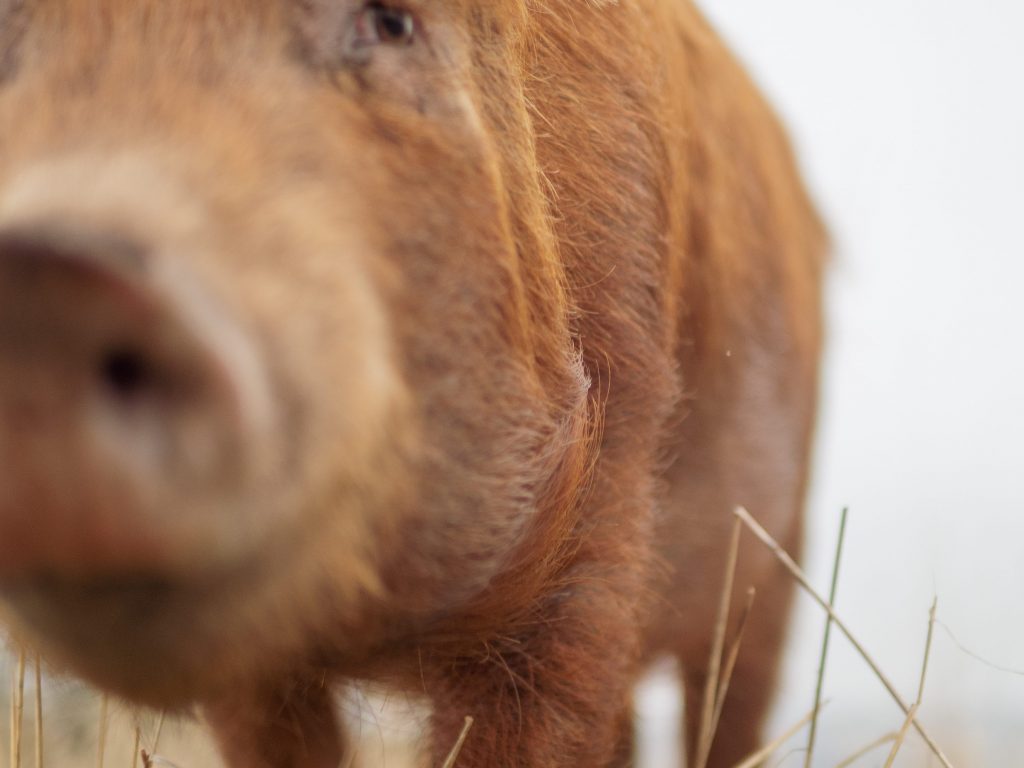
OLYMPUS DIGITAL CAMERA
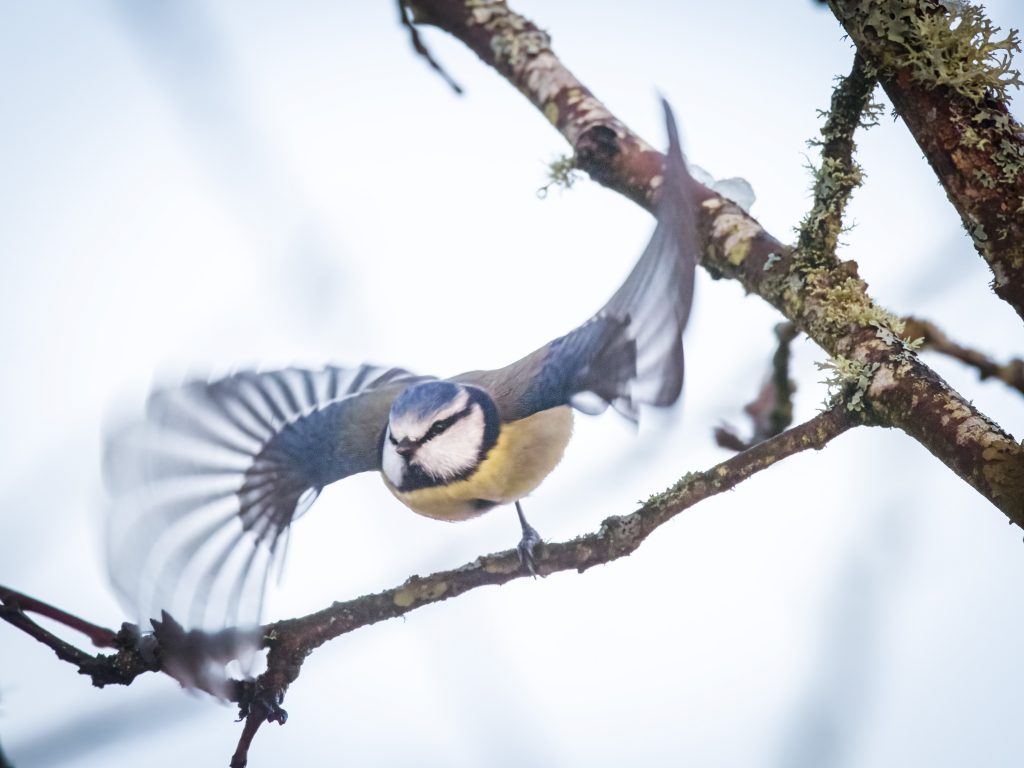
Being increasingly absorbed into this land has brought home, through shocking contrasts, how rare it is in the British landscape to encounter anywhere that feels in any way “wild” and not compromised by human activity. Learning that Britain, especially Scotland, is one of the most nature-depleted places on Earth adds an extra layer of urgency to fully grapple with this kind of endeavour – as if it wasn’t already urgent enough.
The relatively remote nature of this location additionally helped to further instil a nagging feeling that being simply a “musician” or “artist” wasn’t quite enough anymore – though, in reality, it never was. Injustices towards the planet and its biosphere have always been linked with, and indeed heralded by, injustices towards humans globally. Ignoring one means ignoring the other, and hence ignoring both is simply doubly irresponsible.
Thus, having access to ample resources here, whilst obviously a rare and unusual opportunity, means doing something meaningful with them. This is the ethos that I am proud of with my partner, and one which I share, working towards a viable future within this context as we build a life here with our daughter. It’s not an obvious journey to be able to meticulously plan, but we’re getting there!
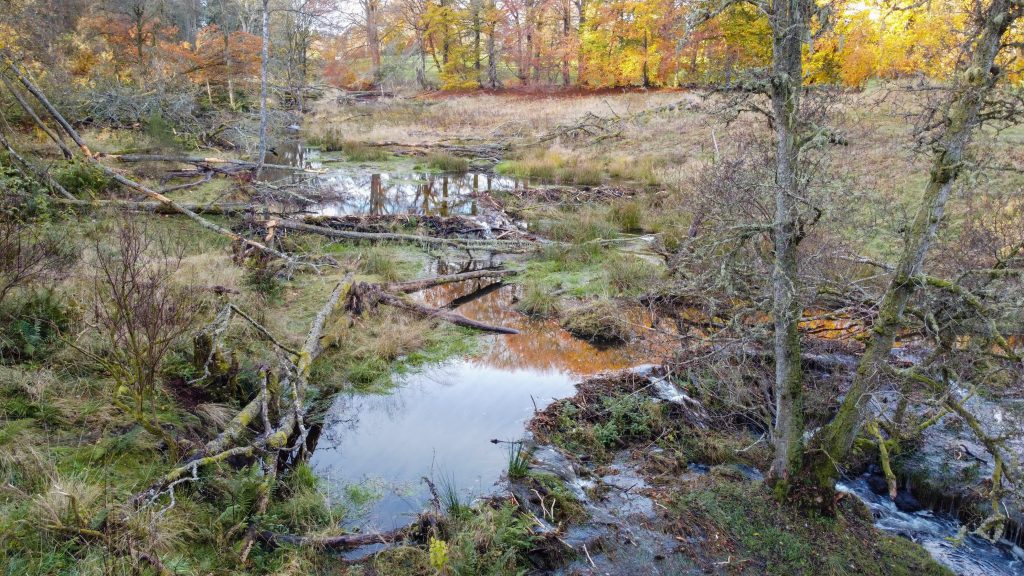
Sure, the climate and biodiversity crises won’t simply be “solved” alone by rewilding projects like these, but they do give a sense of hope in an otherwise bleak world that sadly remains largely wedded to the old and destructive ways which have led us here, and which need to be reversed.
As tangible, transformative results are achieved—often in combination with mounting empirical evidence that academics regularly come here to obtain—positive impacts on people’s lives in the local area, such as an expansion of biodiversity, or increasing carbon sequestration, or the mitigation of droughts or floods, can be measured. Governments will then be more likely to listen, and the further proliferation of similar projects elsewhere (many already off to a very promising start) will also visibly emerge.
